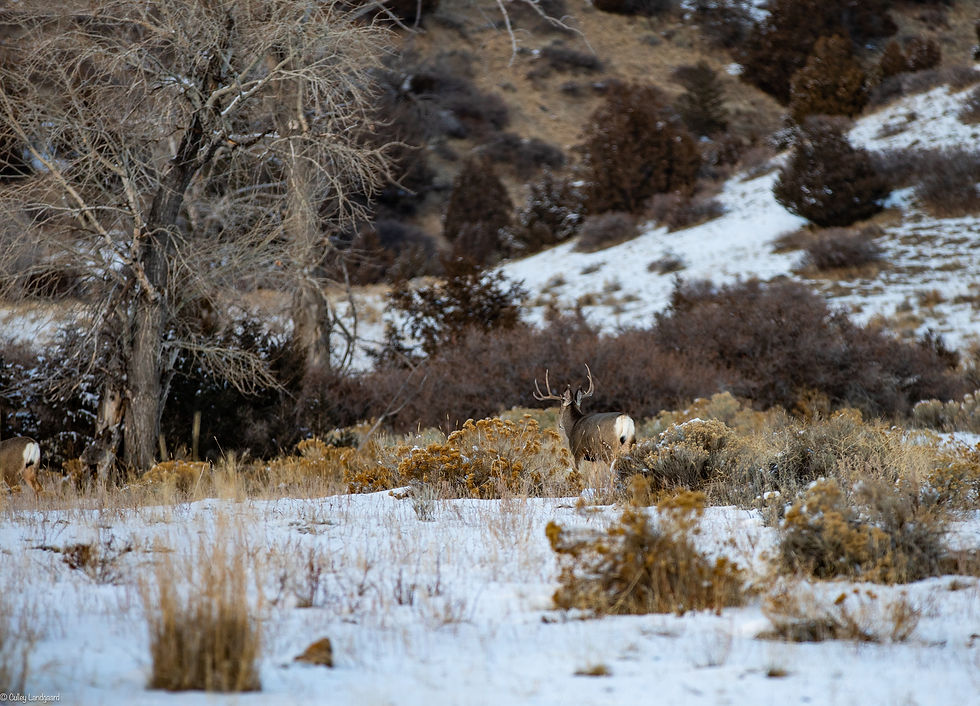Conservation: An extended definition
- Culley Landgaard
- Jan 8, 2019
- 2 min read
Conservation: An extended definition

When people hear the word conservation they most likely think of a hands-off approach to save the trees or conserve energy. Conservation to an outdoorsman has a very different meaning. Conservation is a process of protecting, preserving and maintaining a natural resource, which is designed to limit the use in order to ensure the longevity of the resource. The process of conservation is the justification for hunting and fishing in North America. This idea and process date back to the late 1800’s.
The process of conservation plays a very important part in preserving wildlife in North America. The idea of conservation was developed after the devastation of wildlife populations in the late 1800’s. From the late 1800’s to the early 1900’s populations of big game animals, waterfowl, and other animals were close to being extinct. The declining populations caused a shift in the way people of wildlife. Hunters and fisherman changed their ideas from taking as much as they could get to carefully harvesting a small amount each year in order to preserve these populations, thus conservation in North America was born. The de-commercialization of hunting, an increase in domestic animals, and a new desire to preserve wildlife helped to restore wildlife populations in North America. All of these actions combined make up conservation.
Conservation to an outdoorsman has a slightly different definition than it does in other parts of society. The use of conservation is very important to the preservation of wildlife in North America. The idea of allowing people to take part in conservation by harvesting a small amount of the resource has helped maintain interest and enthusiasm for wildlife.



Comments